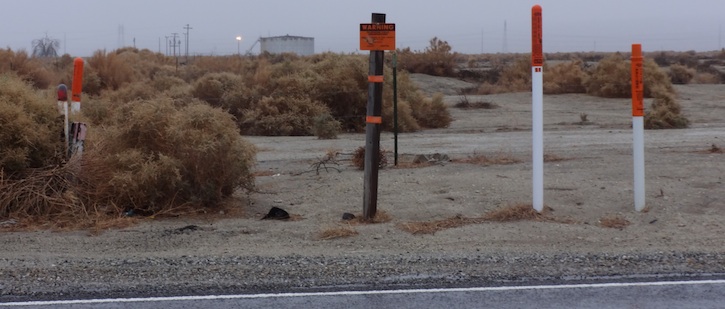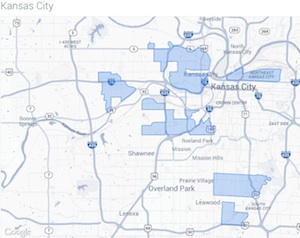Public housing broadband should be cheaper and faster, CETF says
![By Dirk Vorderstraße (Gigabit LAN Netzwerk Switch) [CC-BY-2.0 (https://creativecommons.org/licenses/by/2.0)], via Wikimedia Commons](https://www.tellusventure.com/blog/images/2014/12/ethernet_switch.jpg)
How much should Internet access in public housing projects cost, and how fast should it be? Those are the central two questions that the California Emerging Technology Fund is raising in regards to a proposed public housing broadband subsidy program, currently under consideration at the California Public Utilities Commission.
In comments filed on Tuesday, CETF is taking the position that public housing residents should be able to buy a minimum level of service for $10 per month, rather than the $20 as currently proposed, and that the minimum service speed residents can get during peak hours – 7 to 11 p.m.… More


![By - G.F. Nesbitt & Co., printer [Public domain], via Wikimedia Commons](https://www.tellusventure.com/blog/images/2014/12/gold_rush.jpg)
![By California Centennials Commission [Public domain], via Wikimedia Commons](https://www.tellusventure.com/blog/images/2014/11/earl_warren_with_young_miner.jpg)

![By Baran Ivo (Own work) [Public domain], via Wikimedia Commons](https://www.tellusventure.com/blog/images/2014/11/wire_cutter.jpg)



